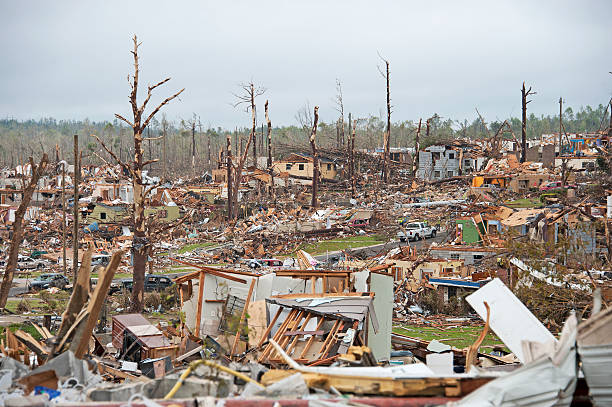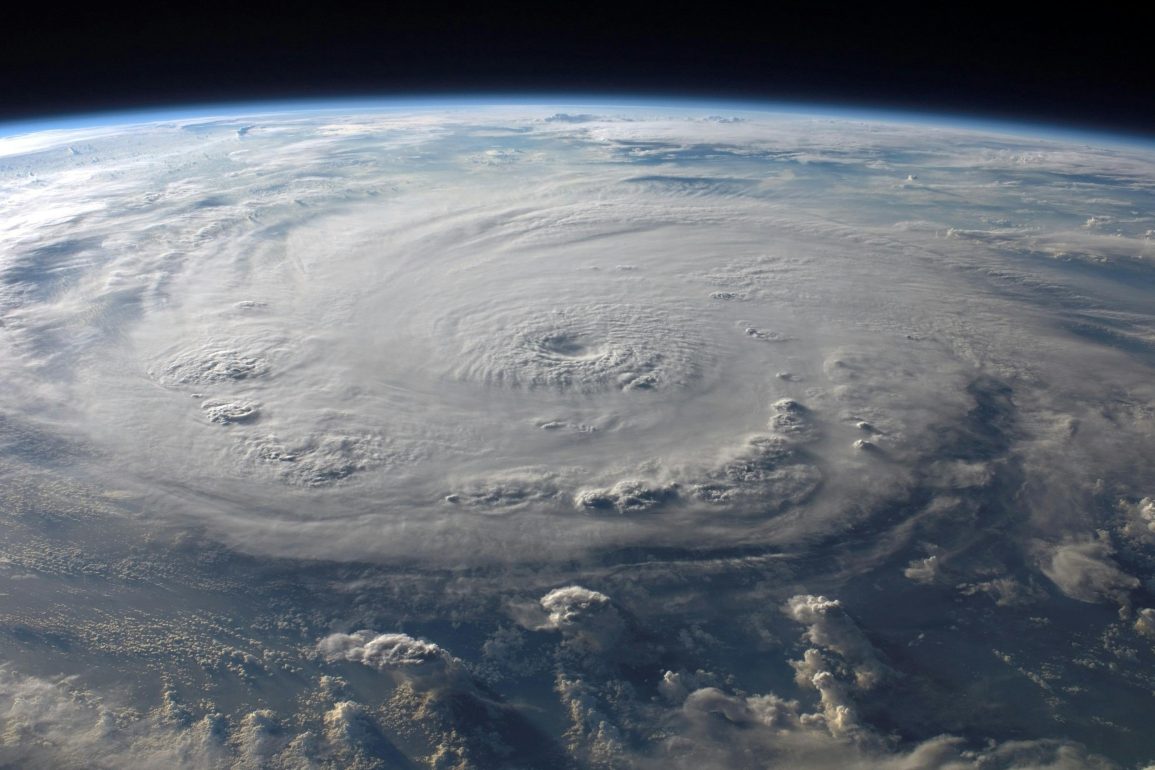In an alarming reminder of the climate crisis, two powerful hurricanes have devastated parts of the United States, raising urgent questions about the intersection of extreme weather and the upcoming presidential election.
Hurricane Helene, one of the deadliest storms in recent history, struck last month, claiming over 220 lives and inflicting billions in damage as it traveled through crucial swing states like Georgia and North Carolina.
Just weeks later, Hurricane Milton battered Florida, compounding the destruction.
Scientists report that both storms were intensified by climate change, with elevated Gulf of Mexico temperatures contributing to their strength, resulting in stronger winds and heavier rainfall.
As Americans face these catastrophic events, there’s growing hope that the climate crisis will prompt voters to reassess their priorities before the November 5 election.

Jay Inslee, Governor of Washington and a notable climate advocate emphasized that these disasters are a stark reminder of climate change’s pervasive impacts.
“There’s no place to hide in the US,” he stated, highlighting the increasing frequency of natural disasters that have prompted citizens to demand action against climate change.
The hurricanes not only pose immediate challenges for voters—such as accessing polling stations amid damaged infrastructure—but also play into the political narrative, particularly for Vice President Kamala Harris’s campaign.
Recent advertisements have pointed out former President Donald Trump’s history of withholding disaster aid, aiming to sway voters who have been impacted by these storms.
Polling indicates a significant shift in public concern about climate change, with over 60% of Americans recognizing its immediate effects.
While climate issues have often taken a back seat to other election topics, the recent hurricanes may energize a voter demographic keenly aware of environmental issues, underscoring the critical need for robust climate action in national policy.

